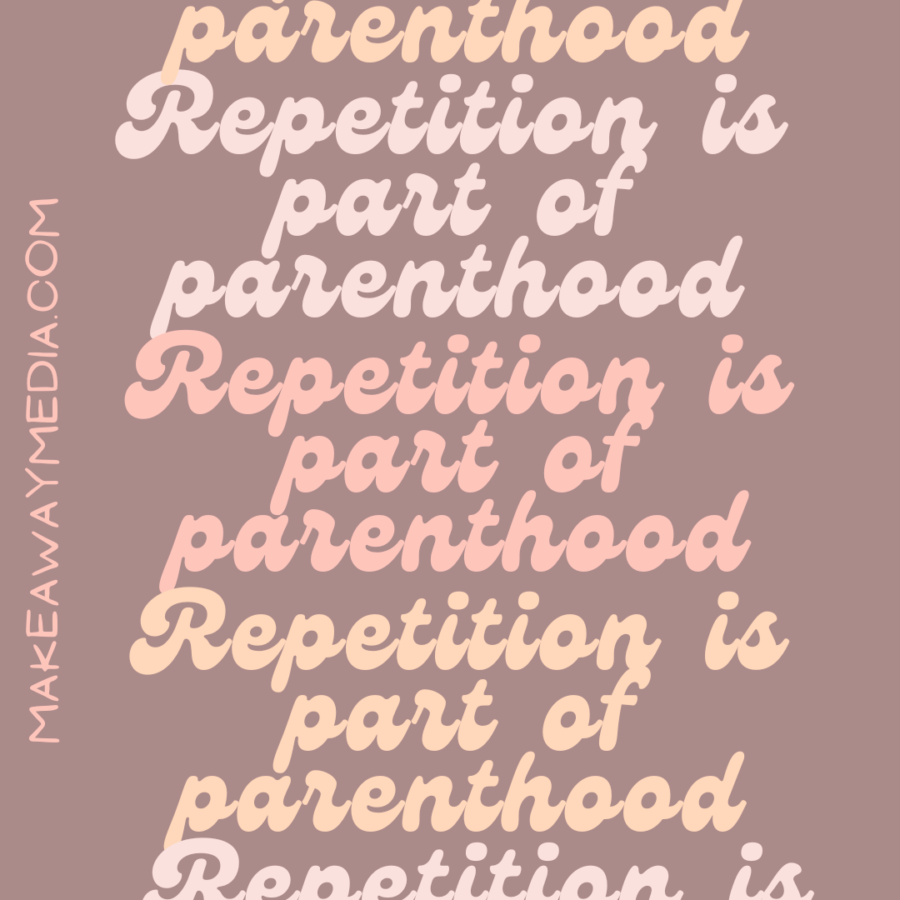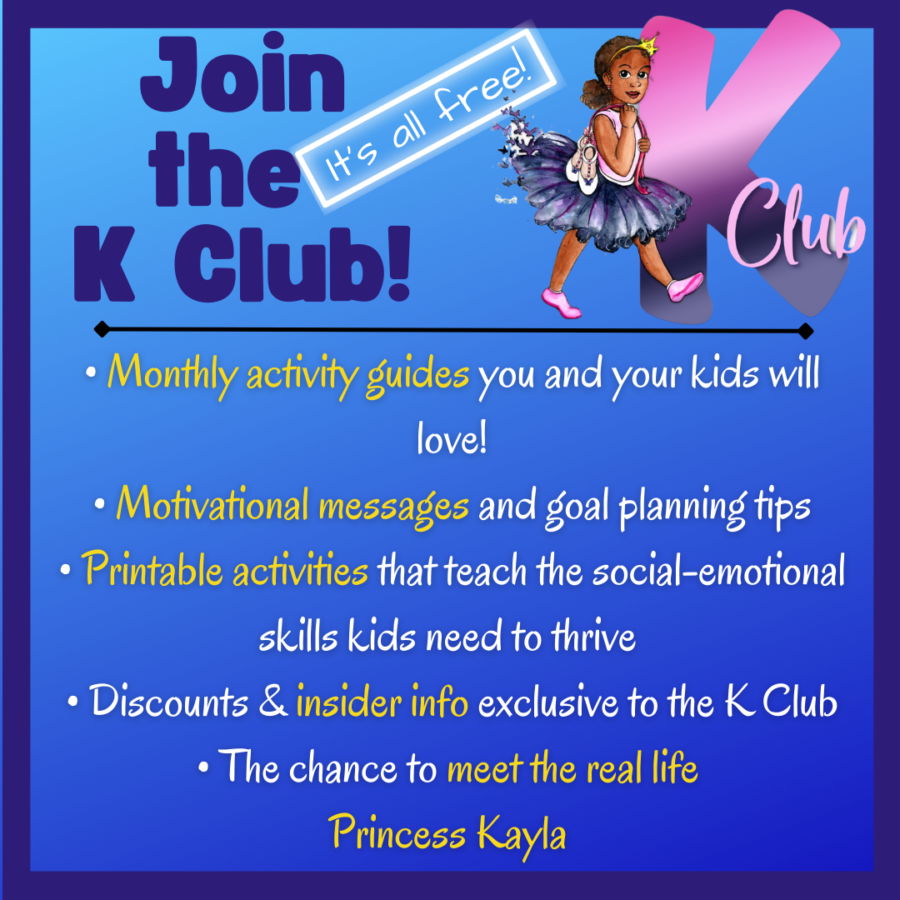It doesn’t take too long on the road of parenthood to realize that kids want and need repetition. Kids will ask their parents to read the same storybook over and over. Kids will want to watch the same movie a thousand times. They will want to eat the same food every night. They may have a favorite outfit that they want to wear every single day. Repetition provides both structure and a sense of control to children.
Why do children need and crave repetition?
Sometimes we forget that children’s brains aren’t fully developed until their mid-20s, which means that as parents we need to repeat things for many years longer than we might want to. 
As mind-numbing as it is to watch Frozen for the 200th time, repeating, “You need to put your socks in the dirty clothes bin” for the 200th time (or 2,00th) is just as painful. Unfortunately, it still needs to be done.
You may assume that your 13 year old should know that the socks go in the dirty clothes bin. After all, you’ve been telling them that since they were two. However, between teenage hormones and the fact that we’ve all got a lot going on in our heads, they may genuinely just forget.
As we all know from our resolution adoptions in January, it takes a long, long, LONG time for new things to become a habit. Forming new habits is even more difficult for children. Executive functions like self-control and self-discipline are much harder for kids to master because those parts of their brain are still forming. That is why we have to provide structure, consistency and lots of reminders for our kids.
Repetition is a Good Thing
Just like kids crave the repetition of their favorite games, outfits, foods, and books, repeating expectations and habits for our children gives them structure and a sense of control. Repetition helps them know what to expect.
Even if their hormones are all over the place, they are starting a new school, learning to drive or getting their first job, they know that certain routines and habits are in place. If they forget, they know that their parent is there to help remind them.
This is especially important to remember this time of year as we try to break the inconsistent routines of summer and vacation.
Using Repetition to Help Kids Learn New Routines
Although it’s tedious, repetition is necessary to help kids learn new routines and structures. Here are a few tips to use repetition to help your kids learn new routines and expectations:
- Decide what you want them to do ahead of time. Inconsistent rules, expectations and routines can be incredibly confusing for kids. (Remember, they like structure and predictability.) So if there is a part of the day that drives you crazy, decide what you want it to look like instead. Literally plan it out step-by-step.
- Make a list. You can give your kids a checklist or a visual schedule for younger kids but having some kind of list that outlines the steps or expectations will help you all remember what the routine is supposed to look like. Sure, you will still have to repeat yourself from time to time, but at list you’ll have a list to back you up.
- Stay consistent. The easiest way to make a new routine stick is to stick with it. Don’t say you’re going to make a change and then forget about it the next day. Stay the course! Your efforts will all add up and eventually it will stick.
- Reframe the repetition. No one likes repeating themselves. However, if you can remind yourself that your kids aren’t trying to drive you nuts by forgetting to put their socks in the dirty clothes basket for the millionth time, it might be easier to stay patient and repeat it one more time. They genuinely still need your help to remember the steps. Their brains don’t work the same way yours does quite yet. They are still developing. This mindset shift may help you have a little more empathy and patience for the endless repetition that comes with parenting kids of any age.
If you’d like even more ways to help your kids learn the social-emotional skills they need to thrive, join the K Club!
In the K Club, you get free monthly guides that teach skills, like empathy, goal setting, dealing with friendship struggles and more. The guides are full of fun printable activities that you and your kids can do together. All you have to do to get yours is put your email in the box below!



